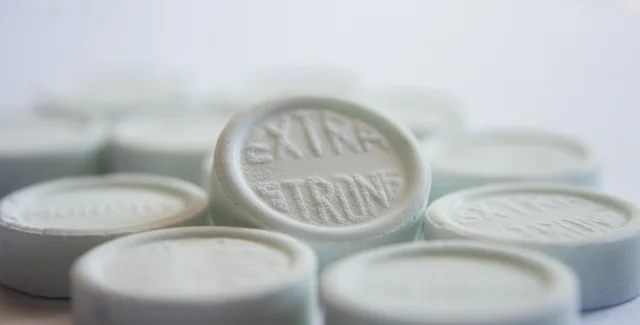What does an expectorant look like?
Expectorant medication is one that loosens mucus from the respiratory system. This makes it easier to expell them. This medication is used commonly to treat colds and bronchitis. Over-the-counter expectorants can be purchased in many forms, including pills, capsules and syrups. These expectorants are sometimes called secretolytics, mucolytics and secretolytics.

The Uses of Expectorants
Expectorants can be used to remove mucus from the lungs. Expectorants thin the mucus making it easier for people to expel and cough up. It allows the patient to breath more freely and reduces chest congestion. You can use expectorants to relieve dry coughs or to decrease wheezing due to asthma.
Example of Expectorants
Guaifenesin, terpin hydrolysate and other OTC expectorants are common. Guaifenesin, a mucolytic, is found in many cough medicines such as Robitussin or Mucinex. Terpin hydrate, an antitussive means that it reduces the frequency of coughing. Bromhexine and acetylcysteine are other expectorants.
Viewpoints of Experts
Experts agree expectorants are effective in treating upper respiratory problems such as bronchitis. However, there remains much debate over their efficacy. While some studies show that expectorants may reduce symptoms like chest congestion and coughing, others do not find any difference in the effectiveness of expectorants compared to placebos. Individual responses will vary depending on severity and patient's physiological makeup.
Expectorants have side effects
Although expectorants are considered to be safe, side effects can occur. Side effects that are common include dizziness and nausea as well as headaches, vomiting, dizziness, nausea, and vomiting. Very rarely, severe allergic reactions may occur. Pregnant women or nursing mothers should check with their doctor before using any expectorant.
Alternative Natural Remedies
Many natural treatments are available to relieve symptoms of upper respiratory problems. Expectorant properties are found in many herbs, such as wild cherry bark and mullein, mullein and coltsfoot. Inhaling steam may be beneficial as it helps to reduce mucus, phlegm and loosen the airways. It can help reduce symptoms by drinking plenty of fluids, and sleeping enough.
Conclusion
Expectorants can be used to treat upper respiratory conditions such as colds or bronchitis. Expectorants work by thinning mucus or phlegm to make it easier for the body and reduce congestion. Although there are some questions about the effectiveness of these medications, experts all agree they can help with certain conditions. Although side-effects are uncommon, they can happen. You can also find natural treatments that might help reduce side effects.
Expectorants can be a valuable tool in treating upper respiratory diseases. Expectorants can reduce symptoms such as chest congestion and coughing. It is important that you consult your doctor before using any medications. You should also consider natural treatments. You can find relief and feel better with the correct treatment.